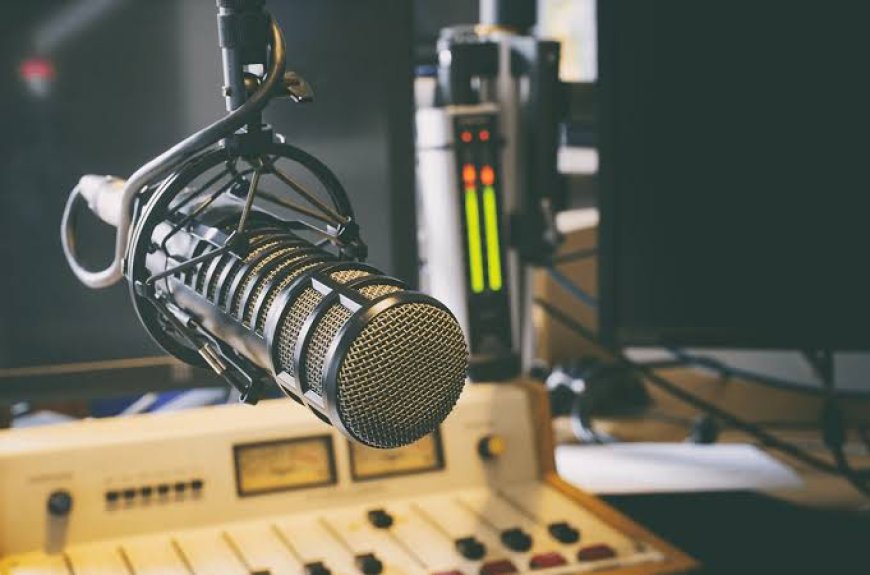Exposed: How Kenyan Radio stations are making millions from Listeners Bets

Nairobi,
Saturday, 8 February, 2025
McCreadie Andias
The broadcasting stations that were once respected because of their informative and educational role have entered the profitable business of gambling.
Radio listeners are invited to participate by making minimal Ksh 50 to Ksh 100 payments that could potentially earn them millions of money through the betting invitations. The catch? Each additional contribution increases your odds according to what broadcasters allege to offer, "the more you stake the more your chances of winning."
Different radio stations feature daily simple questions to their listeners which presenters deliver in captivating ways through the airwaves. "Who was Kenya's first president?" Listeners need to use SMS to submit their responses through a specified five-digit code according to their program emails.
The cost to send each message ends in unexpected charges for subscribers because they voluntarily do not decline the terms of service. Viewers receive the transparent message that they must pay minimal charges for possible access to substantial prize money.
Underneath the apparent chances of winning money exists a harsh truth. Thousands of Kenyans spend their earnings but almost no one among them receives any financial return beyond a small percentage of two selected individuals. The stations, meanwhile, amass millions daily from these contributions.
Take: The radio station operating with this model receives Ksh 10 million when its 100,000 listeners contribute Ksh 100 each. The radio station preserves Ksh 1 million of prizes while retaining the remaining Ksh 9 million.
Radio stations now operate as gambling centers since winnings have risen due to an increasing number of listeners who participate in the instant wealth lottery.
Regulatory Concerns and Ethical Dilemmas
The rapid growth of gambling through radio transmissions has become an issue of concern. The Media Council of Kenya (MCK) maintains that the mushrooming of these promotional activities worries them since various stations broadcast without validating licenses from the Betting Control and Licensing Board (BCLB).
The MCK CEO David Omwoyo, through his statement stressed that media platforms need to promote only authorized gambling operations.
This situation creates deep ethical dilemmas. Radio presenters who market gambling face a professional dilemma because their promotional work might diminish their news credibility while possibly delivering sectorally biased material on behalf of their clients. An erosion of trust because of these breaches affects how much people believe in media institutions.
Numerous Kenyans have experienced the radio promotions through their personal interactions. According to Jane Mwangi she spent above Ksh 500 during one week attempting to win the Ksh 1 million prize from Mukuru.
She believed this occasion provided her the opportunity to transform her family's life situation. "But I never won anything. I finally understood that these radio promotions served as a method through which staff made profits."
Peter Otieno who operates boda-boda vehicles in Kawangware acknowledges that he takes part in these live radio activities on a frequent basis. According to him the emcees manipulate audiences to believe successful wining is straightforward." Since beginning months ago I have received no prizes but only given away valuable television time."
The Call for Stricter Regulations
Regulatory organizations have enacted responses because of rising worries about these practices. Radio stations must obtain valid permits before running any lottery promotions according to the BCLB because the BCLB declares these lotteries not transparent and lacking fairness.
Radiotations that violate broadcast rules are at risk of permanent license suspension including license termination.
The attraction of speedy monetary gains draws numerous listeners but they must exercise proper caution toward these radio-based offers.
Public awareness of broadcast mechanics combined with regulatory enforcement should lead media organizations to adopt ethical broadcasting standards instead of profit-driven choices to protect the relationship between broadcasters and their audiences.
What's Your Reaction?



































































































































































































































































































